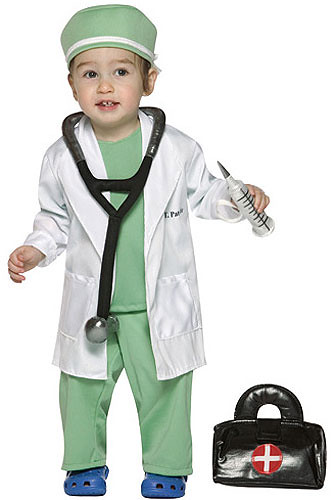
This post continues our new series on Generation Y and their relationship with their health. From challenges to epidemics, this series attempts to expose how these digital natives are managing health-related issues, both individually and together.
By Kimberly Reyes (@CommDuCoeur)
Almost 10 years ago to date, I was sitting in a large lecture hall on Rutgers University’s Busch Campus, untied Chuck Taylors resting on the seat in front of mine, furiously scribbling down notes in my Medical Sociology class. A decade later, I still remember some of those notes: the intricate operational models of large hospitals, the changing definition and attitudes towards certain disorders and disease states, and the role of the community in building positive health outcomes. Medical Sociology is a required introductory-level course for anyone hoping to enter the medical field, and at the time, I was on the fast track to nursing school.
While I chose a decidedly different destiny for myself, I still remain friends with many of my classmates from that course, who have gone on to continue their education at some of the country’s most prestigious medical schools. I reminisce about what we were like then: our clothes, the music we listened to, what we talked about before class…and who we are now. Some of us have just gotten married, just bought our first homes, are eagerly anticipating our first child. Some of us are practicing nurses and hospital technicians. And some of us are starting to see the light at the end of the long, long tunnel known as med school.
What does this mean for you? It means that you’re going to start seeing a lot of my peers at your primary care office, emergency rooms, and more…and not because we decided to skateboard off a roof Jackass-style. As my generation inches closer and closer to wrapping up our residencies, passing our USMLEs, and getting our engraved stethoscopes, the social and environmental factors that have shaped our collective identity will no doubt have the potential to change healthcare as we know it. I’ve read the blog posts, and I understand that this might be a scary thought for the majority of our readers. My job now is to put your mind completely at ease.
What White Coat?
In a blog post for KevinMD.com entitled “How Millennial Physicians Will Impact Disease Management,” Jaan Sidorov, MD states that “the Millennial non-attitude about status or rank has implications for the hierarchical command and control that, up until now, has has been overseeing health system.” This will lead to a more collaborative relationship between Millennial doctors and the nurses, according to Sidorov. “The coming generation of docs will be far less worried about issues of rank, credentialing or licensure and far more flexible over relationships, skill sets and outcomes. This will have a significant impact on their relationships with patients, pharmacists, and the entire medical ecosystem – forming a more unified network of people and professionals all working together towards positive health outcomes.
Bring on the EMRs!
It goes without saying that my generation is hooked on technology. We grew up with computers and were early users of the Internet, and we’re not afraid of learning new software. A word to the wise, though – our innate tech-savvy means that we have high expectations of technology. Millennial doctors will only embrace technology that is effective, efficient, and will provide real value to their practice.
Which way to the office?
If you’re reading this blog, you probably know all about Dr. Jay Parkinson. Fast Company called him theDoctor of the Future and one of thetop 10 most creative people in health care. Dr. Parkinson uses social technology – everything from video chatting to instant messaging to a shared Google calendar – to forge a unique bond between himself and his patients that saves the time and money that our current healthcare system seems to be hemorrhaging. While Dr. Parkinson is making headlines for introducing a cutting-edge concept (namely, a website as an “office,”) to healthcare, his patients appreciate him for bringing back an old tradition: house calls. Since Dr. Parkinson is a bit older than my generation, I’ll call him the grandfather of tomorrow’s doctors. I’m predicting that we’ll see a lot of Millennial physicians taking inspiration from medical history and marrying them with today’s technology. Despite what many articles claim about Generation Y, our formula for innovation involves a deep reverence for the past and a solid vision for the future.
Teach us, oh wise one.
If you’re a currently practicing physician that’s a little bit wary about the coming onslaught of Millennial doctors, the best advice I can give you is to become a mentor. Young doctors are not as arrogant as you may assume. They’re looking to you for guidance and wisdom, and most of them are open to any direction you can provide them. Just remember that we’re used to feedback, both good and bad – that’s what keeps us going. Don’t be afraid to lay on the constructive criticism, but also don’t forget to let us know that we’re on the right track. Remember, we’re collaborative workers that put special emphasis on teamwork. We want to work alongside you, and alongside each other – this is a result of being social network natives.
If you haven’t already, check out our first post in this series, Generation Y and Health: Dealing with Depression
Stay tuned for more posts from this series on “Generation Next and we invite you to submit your questions or comments below in the mean time!